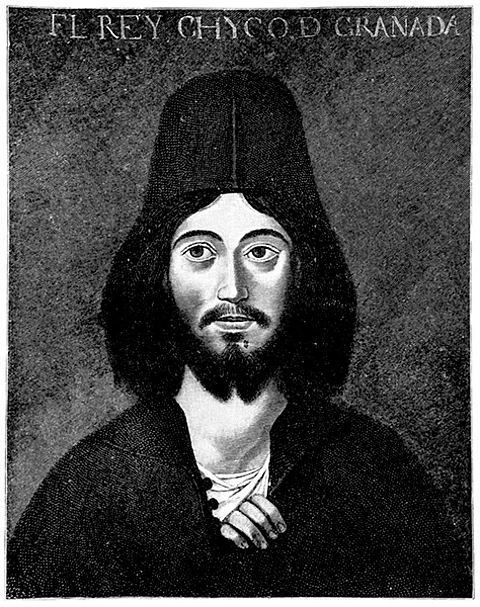

Iberia, the southern European peninsula where modern-day Spain and Portugal are located, was connected genetically to the North African coast to its south for millennia, till a tragic and major event of ethnic cleansing in the region’s history broke it forever, according to a new study.
The team of researchers studied 12 long-dead individuals from three sites in the Valencian region of eastern Spain—from the delta of the Ebro river to Cape Nao. They wanted to “investigate in detail the extent to which North African-related ancestry fluctuated in eastern Iberia during historical times, with particular focus on the genetic impact of the establishment of Al-Andalus and later conquest of the region by Christian forces”.
Through their study, they covered a period of 1,000 years—from the Greek, Carthaginian and Roman colonies of Antiquity to the Visigothic Period and Al Andalus to the ‘Reconquista’, when Christian forces defeated and expelled the Moors (mostly Arab and Amazigh or Berber Muslims from North Africa) from Iberia.
The experts generated genome data from the 12 individuals whom they located from “three pre-Islamic burials (Roman and late Visigothic contexts), five Islamic inhumations, and four individuals from a Christian cemetery (both medieval and post-medieval)…”
The popular assumption would be that North Africans came into Iberia only between 711 CE and 756 Common Era, during the Islamic conquest of the region and the subsequent establishment of Al Andalus (Muslim Spain), which resulted “in centuries of acculturation, co-existence, assimilation, linguistic intertwining, and conflict in the Iberian Peninsula”.
But the results proved otherwise. The researchers found North African ancestry in all genomes from before this period.
“The local Iberian population in coastal regions may have been no stranger to North African influences, and the existence of Romance languages in North Africa could have been a factor aiding the later swift Islamic conquest… The Islamic conquest of the Iberian Peninsula, beginning in 711 CE, further intensified this phenomenon by intertwining the Maghreb and parts of Iberia intimately together, also seen at the genetic level,” the researchers wrote.
Even more importantly, this North African genetic ancestry persisted in Valencia till well after the Reconquista had ended.
The experts found such ancestry in one individual whose DNA was taken from a Christian cemetery dating back to the 17th century. After this, the genetic trail goes cold.
The researchers hypothesised that this was due to a pivotal event in Iberian history, the Expulsion of the Moriscos.
After Christians won the peninsula, many Muslims living in the region (known as Mudejars) became the target of forced conversions to Christianity.
“However, by the sixteenth century CE, religious tensions against converts and Mudéjars had increased. As a result, in the first half of this century, the Mudéjars became targets of forced mass conversions, and the new converts to Christianity became known as Moriscos…In practice, and often under draconian scrutiny, the Moriscos kept their language and customs, and many continued practicing their religion in secret. This was particularly true for Moriscos in the Kingdom of Valencia. However, this dualism came to an end in 1609 CE, when Phillip III decreed the expulsion of all Moriscos. Estimates suggest that, in the Kingdom of Valencia, more than one third of the total population was expelled to North Africa. The total numbers are estimated to have amounted to more than 300,000 people,” according to the study.
This expulsion, and repopulation with peoples from northern territories (Catalonia, Aragon and Navarre), effectively erased the local North African component, as per the scientists.
“Despite a hugely civilizing legacy on the culture of Europe, particularly of the Iberian Peninsula, that endures to the present day, most of the last visible vestiges of the Moors of Spain were largely dispersed across the Mediterranean between 1609 and 1614 CE. As a result, a genetic bridge between Europe and Africa that had been in place for centuries, and whose legacy we can detect in the genomes of those living in the Valencian region up until the seventeenth century, was thoroughly dismantled,” the scientists concluded.
One final surprising finding of the study was that as the North African DNA in Iberia survived till the 17th century, it was even carried by migrants from Iberia to the newly conquered territories in the New World. Most of this ancestry was introduced by initial colonial immigrants, according to the paper.
The paper, titled Medieval genomes from eastern Iberia illuminate the role of Morisco mass deportations in dismantling a long-standing genetic bridge with North Africa, has been published in the journal Genome Biology.